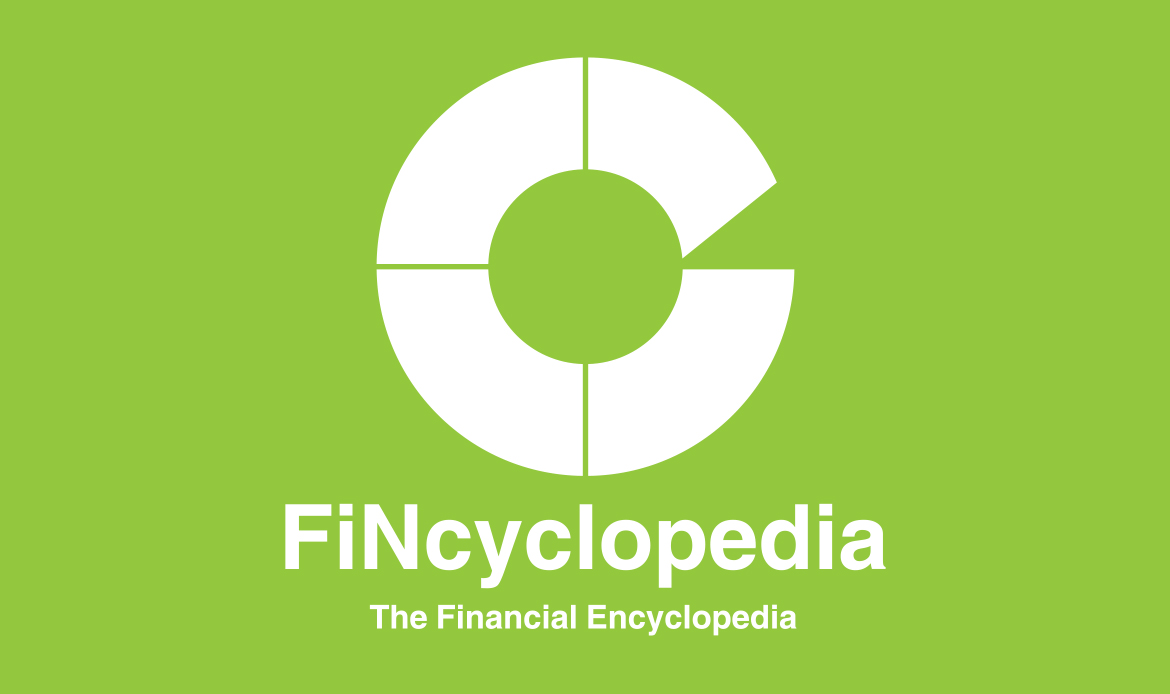Arabic (الغبن) for a fraudulent practice by which one party to a commutative contract (ba’i, ijarah, salam, etc.) attempts to deceive the other party into trading at unusually unjust terms. Al-ghaban is usually associated with specifications of the object of sale/ trade or its price/ value (thaman/ qimah).
In a contract of sale (ba’i), the seller may deceive the buyer by communicating unfair prices (verbal deception) or by communicating an untrue or misleading description of the object of sale (actual deception). The degree of al-ghaban could be trivial (and hence it is called a minor fraud or ghaban yaseer) or significant (so it is known as major fraud or ghaban fahish), depending on the extent of unjust increase in the price or difference in quality or any other feature. Verbal deception in price may result if the seller claims that the object of sale is that expensive because there are no alternatives in the market (which is not the case, actually). Actual deception in description may occur if the seller states that the object of sale has a specific feature while effectively it does not.
Shari’a prohibits al-ghaban in general, and al-ghaban al-fahish in particular. A limited degree of al-ghubn, however, can be ignored depending on the contract value and specific circumstances.





